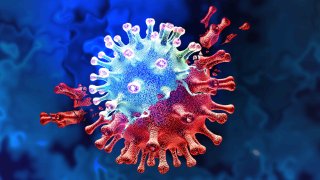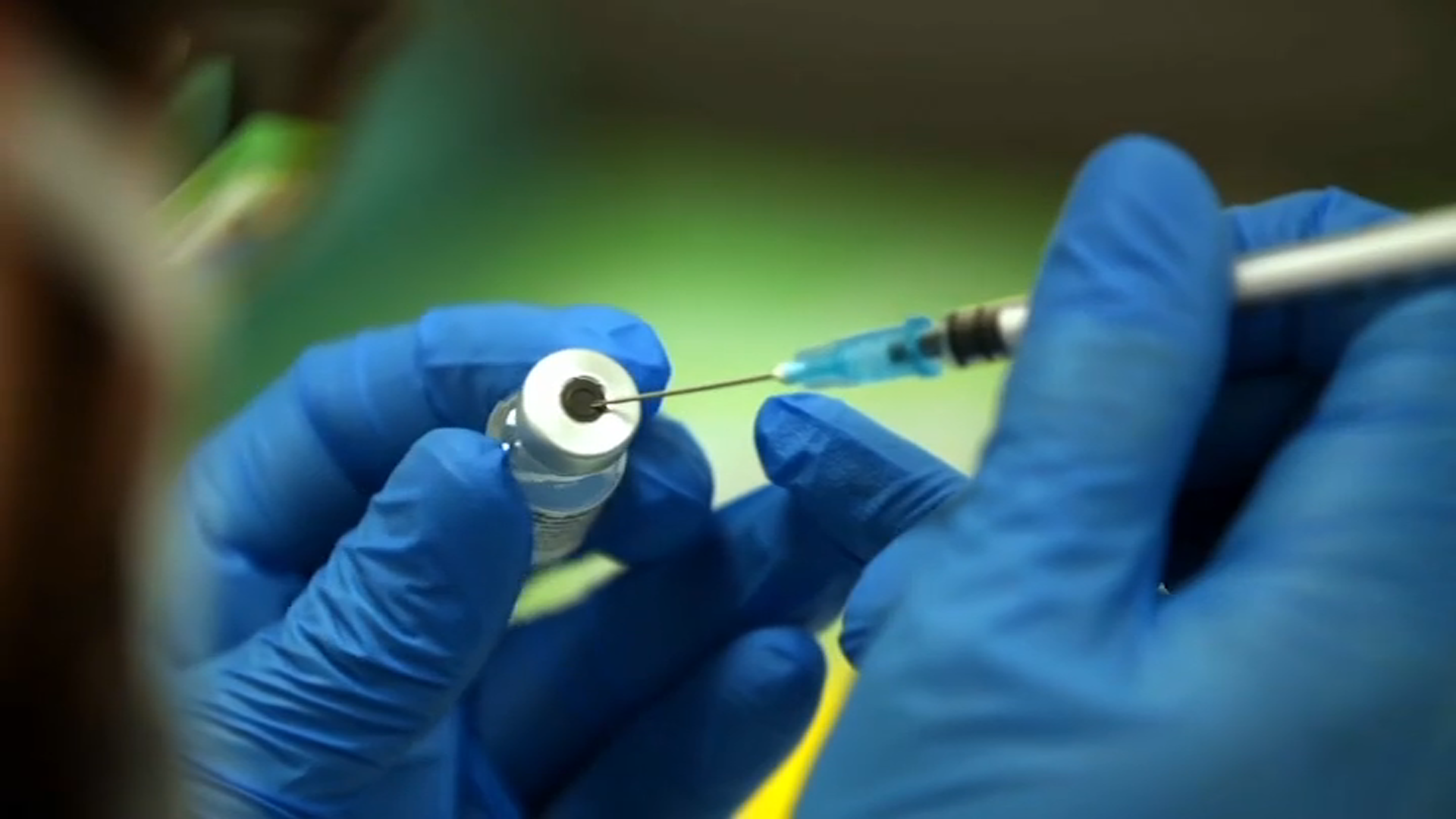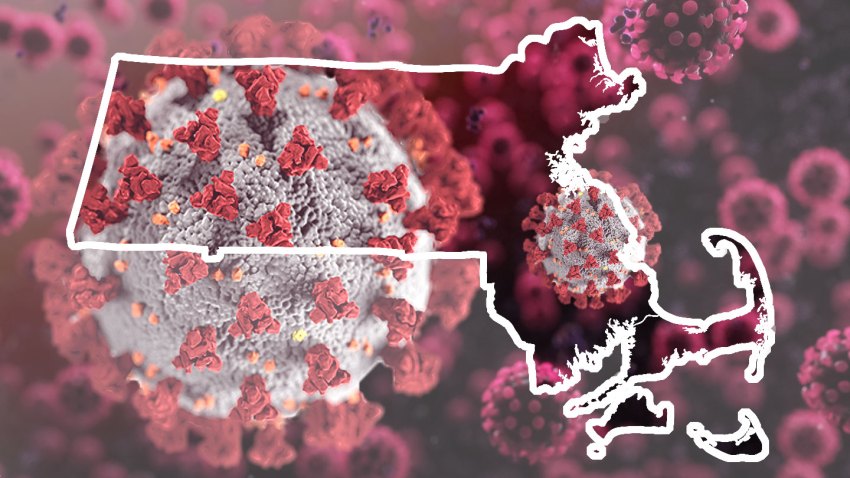
The more contagious Delta COVID-19 variant, first identified in India, has been in Massachusetts for weeks now and is steadily rising, according to an expert.
Now the dominant strain in the U.K., the variant is responsible for an estimated 60% of new cases. It's more prevalent than the Alpha strain, formerly called the B.1.1.7 strain, which was first identified in the U.K., and transmission is peaking in people between the ages of 12 and 20, White House chief medical advisor Dr. Anthony Fauci said at a press briefing Tuesday.
WATCH ANYTIME FOR FREE
Stream NBC10 Boston news for free, 24/7, wherever you are. |
The variant has been "steadily rising" since it was first clearly found in Massachusetts during the second week of April, according to Boston Medical Center's Dr. Davidson Hamer, professor of Global Health and Medicine at Boston University Schools of Public Health and Medicine.
As of early June, the variant accounted for about 7% of positive samples that have been sequenced in Massachusetts, according to GISAID.
Get updates on what's happening in Boston to your inbox. Sign up for our News Headlines newsletter.
More than 150 cases of the Delta variant were identified between March 13 and May 23, according to the Massachusetts Department of Public Health, which referenced data provided by U.S. Centers for Disease Control and Prevention from the national laboratories.
First detected in October, the Delta variant has spread to at least 62 countries, the World Health Organization said last week.
"The gradual rise in Delta is concerning," Hamer told NBC10 Boston. "There is limited evidence from outside of the U.S. that this variant of concern is more transmissible and potentially can cause more severe disease."
Fauci, too, said Tuesday the Delta variant is more contagious and may be associated with a higher risk of hospitalization than the original "wild type" COVID-19 strain.
However, both public health experts said vaccines appear to hold up against the aggressive strain. They stressed the importance of getting two doses after National Institutes of Health studies showed that, three weeks after being given, just one dose of the Pfizer or Moderna vaccines provided only 33% efficacy against the Delta variant.
"On the other hand, there are more studies that have been done recently that have suggested that neutralizing antibodies generated by two doses of the mRNA vaccines (Pfizer and Moderna) are still effective against Delta, although they provide less protection against this [variant of concern] than they do against alpha (B.1.1.7) and wild type virus," Hamer said.
"If we continue to push towards higher levels of vaccine coverage, especially with the two mRNA vaccines, these should serve to help prevent further spread of the delta strain."
Massachusetts isn't the only state in New England with this variant.
There have been 11 cases in New Hampshire, a spokeswoman with the Department of Health and Human Services said. Maine has confirmed four cases, according to the state's latest Report of COVID-19 Genome Sequencing.
Vermont has had a single case of the Delta variant, which was identified around mid-May in an international traveler, according to a spokesman with the state's Department of Public Health. Rhode Island has not seen the Delta variant, but is monitoring for it, a public health spokeswoman said.
State health officials in Connecticut did not immediately respond to requests for comment.



